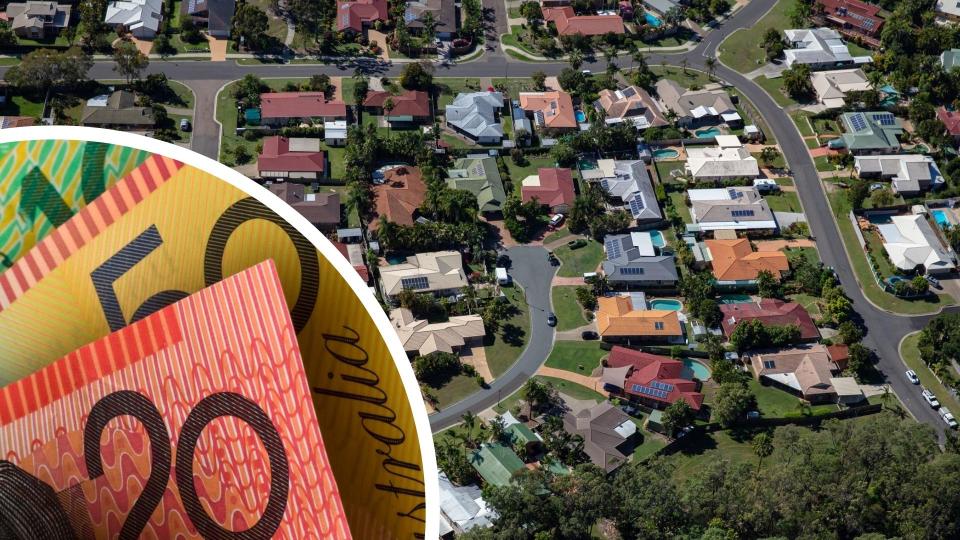$334k wiped from home values in ‘extreme but plausible’ prediction

Australian house prices could fall by 40 per cent in an “extreme but plausible scenario”, the Reserve Bank has stated in a paper discussing household debt.
Also read: The hidden factors driving house prices
Such a fall would take the median national house price from $552,912 down $221,164 to $331,298.
And in Australia’s most expensive housing market, Sydney, that value loss would take the median price from $866,110 to $531,666 – a loss of $334,444.
However, the RBA said that while this is plausible, it’s unlikely that this situation will play out given the banks’ apparent resilience.
The RBA paper, How Risky is Australian Household Debt, noted that while household debt has increased substantially over the last few decades, most of it is in the hands of those who can still afford to service it.
“Most of this debt is held by households whose risk of unemployment is relatively low, while households that are most at risk of experiencing very large changes in asset values (relative to income) tend to have little leverage," authors Jonathan Kearns, Mike Major and David Norman said.
In the instance where prices do fall 40 per cent and employment by 8 per cent, the banks are well-placed to handle the downturn – but households will significantly cut their consumption.
The RBA put this reduction at around 12 per cent from peak to trough, and said this modelling shows that consumption is more sensitive to house prices than unemployment.
The researchers said the fall in house prices is extreme, but the fall in employment is more in line with what is currently experiencing.
“The employment fall is similar to the fall Australia experienced during the 1990s (7 per cent fall in employment-to-population ratio) and during the Covid-19 pandemic (7 per cent fall as of June 2020), but is significantly more extreme than during the global financial crisis,” the authors said.
This fall would be comparable to Spain, the US and Ireland’s experiences during the global financial crisis. During that crisis, Ireland’s house prices fell a huge 55 per cent, while Spain’s fell 37 per cent and the US saw prices fall 32 per cent.
In this scenario, superannuation assets also tumble by 30 per cent, while equities plummet 40 per cent.
The RBA said the level of Australian household debt has “important implications”, but these are “sometimes misconstrued”.
“The level and growth of household debt reflects high incomes and direct ownership of rental housing, not evidence of widespread excessive leverage.
“Household borrowing is a large share of banks’ assets and so is important for their performance, but overall high lending standards, low loan-to-valuation ratios and banks’ high level of capital mean they are highly resilient to adverse shocks to households.”
The RBA isn’t the first to warn of a significant fall in home values, with the Commonwealth Bank in May flagging a 32 per cent reduction in home values.
However, the house price slide has so far been gentle. The national property market fell 0.6 per cent in July, after it slipped 0.7 per cent in June and 0.4 per cent in May.
Want to take control of your finances and your future? Join the Women’s Money Movement on LinkedIn and follow Yahoo Finance Australia on Facebook, Twitter and Instagram.

 Yahoo Finance
Yahoo Finance 

